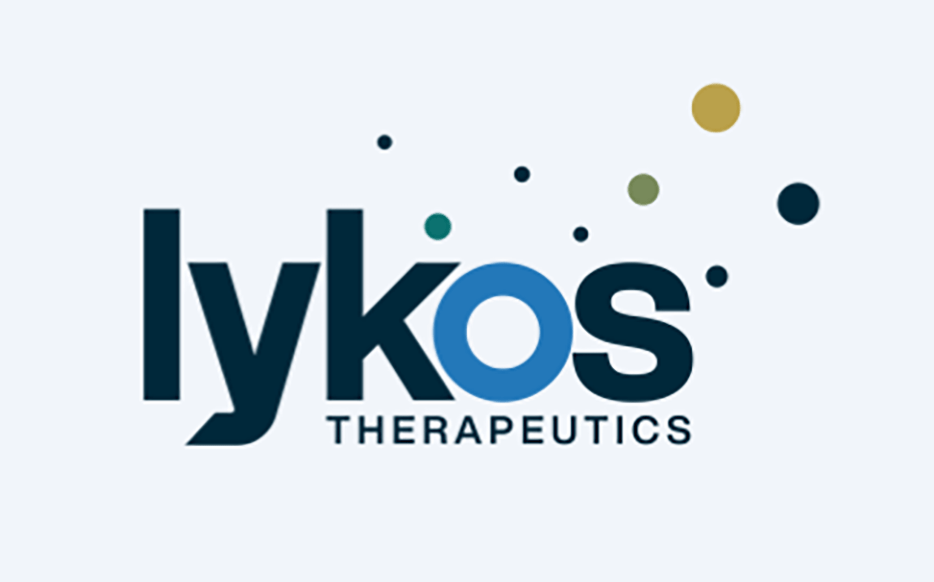Can Generative AI Revolutionize Medicine Without Compromising Patient Care? Exploring the Ethical Implications of AI in Healthcare.
January 13, 2024 - Reading time: 3 minutes

An artificial intelligence (AI) system trained to conduct medical interviews matched or even surpassed human doctors’ performance at conversing with simulated patients and listing possible diagnoses based on the patients' medical history.
The chatbot, which is based on a large language model (LLM) developed by Google, was more accurate than board-certified primary-care physicians in diagnosing respiratory and cardiovascular conditions, among others. Compared with human doctors, it managed to acquire a similar amount of information during medical interviews and ranked higher on empathy.
Is the world ready for ChatGPT therapists?
Even though the chatbot is far from use in clinical care, the authors argue that it could eventually play a role in democratizing health care. The tool could be helpful but should not replace interactions with physicians, says Adam Rodman, an internal medicine physician at Harvard Medical School.
Learning a delicate task
Few efforts to harness LLMs for medicine have explored whether the systems can emulate a physician's ability to take a person's medical history and use it to arrive at a diagnosis. Medical students spend a lot of time training to do just that, says Rodman.
Generative AI could revolutionise health care — but not if control is ceded to big tech
One challenge facing the developers was a shortage of real-world medical conversations available to use as training data. To address that challenge, the researchers devised a way for the chatbot to train on its own 'conversations'. The team also asked the model to play one more part: that of a critic who evaluates the doctor's interaction with the person being treated and provides feedback on how to improve that interaction.
AI system matches or surpasses human doctors in medical interviews
The AI system matched or surpassed the physicians’ diagnostic accuracy in all six medical specialties considered. The bot outperformed physicians in 24 of 26 criteria for conversation quality, including politeness, explaining the condition and treatment, coming across as honest, and expressing care and commitment.
Next steps
An important next step for the research is to conduct more-detailed studies to evaluate potential biases and ensure that the system is fair across different populations. The Google team is also starting to look into the ethical requirements for testing the system with humans who have real medical problems.
AI technology, such as ChatGPT, has made significant strides in understanding human language and providing appropriate responses. This progress is evident in its ability to emulate a physician's capacity for taking medical histories and diagnosing conditions.
While ChatGPT shows promise in democratizing healthcare access by offering accessible support to those who may not have immediate access to physicians, it should not replace the role of doctors entirely. Human interaction remains crucial in medicine, especially when dealing with complex or severe health issues.
Developing AI systems for medical purposes requires extensive training data, which can be challenging to acquire due to limited real-world conversations available. Researchers have addressed this issue by allowing their models to train on self-generated "conversations" and utilizing a critic model that evaluates the quality of interaction between the doctor and patient.
It is essential for researchers to conduct more detailed studies, including evaluating potential biases within AI systems to ensure fairness across different populations. Ensuring ethical requirements are met when testing such systems with real human patients will be crucial in their development and implementation.

DW Staff
David Lintott is the Editor-in-Chief, leading our team of talented freelance journalists. He specializes in covering culture, sport, and society. Originally from the decaying seaside town of Eastbourne, he attributes his insightful world-weariness to his roots in this unique setting.




